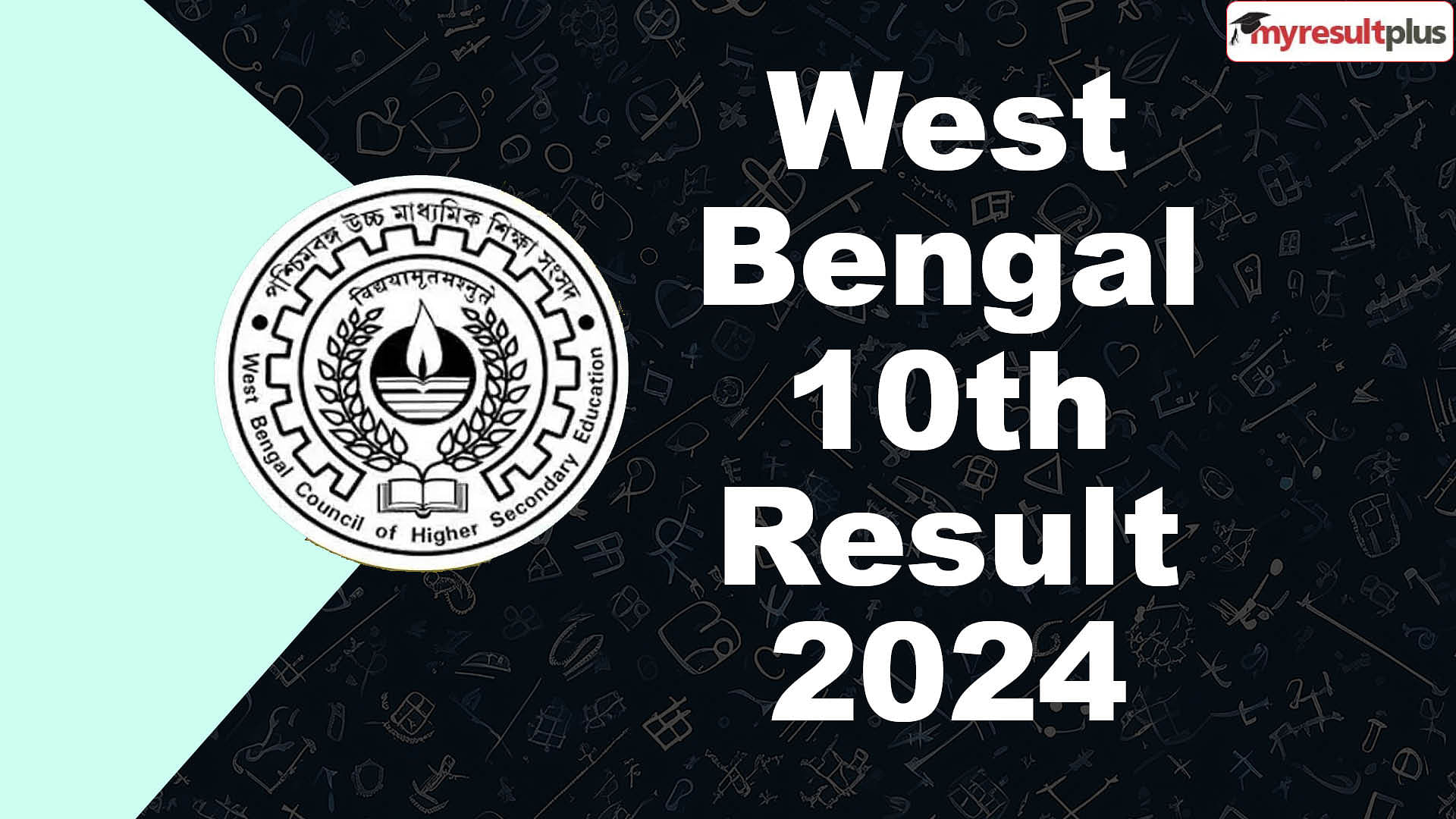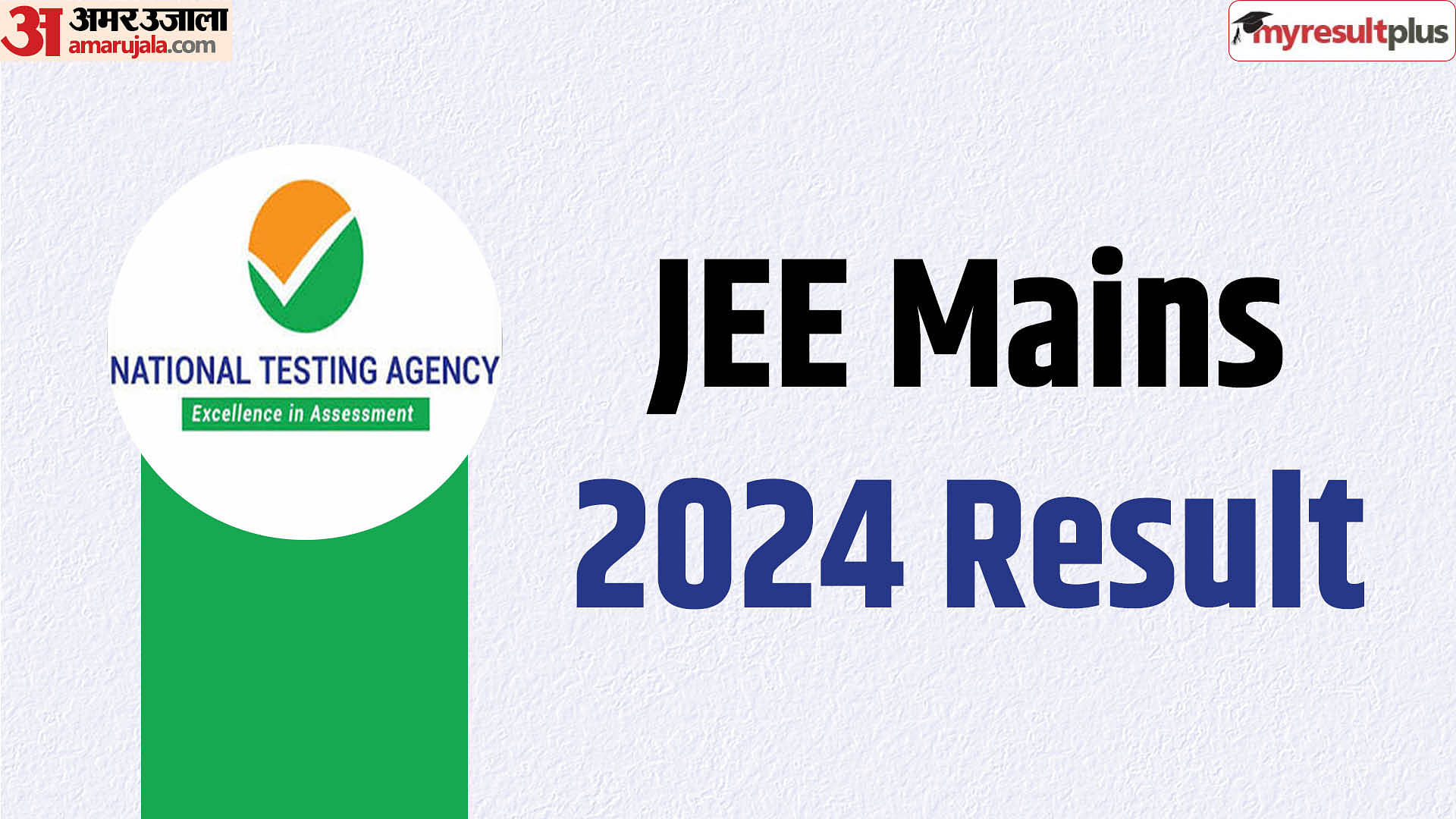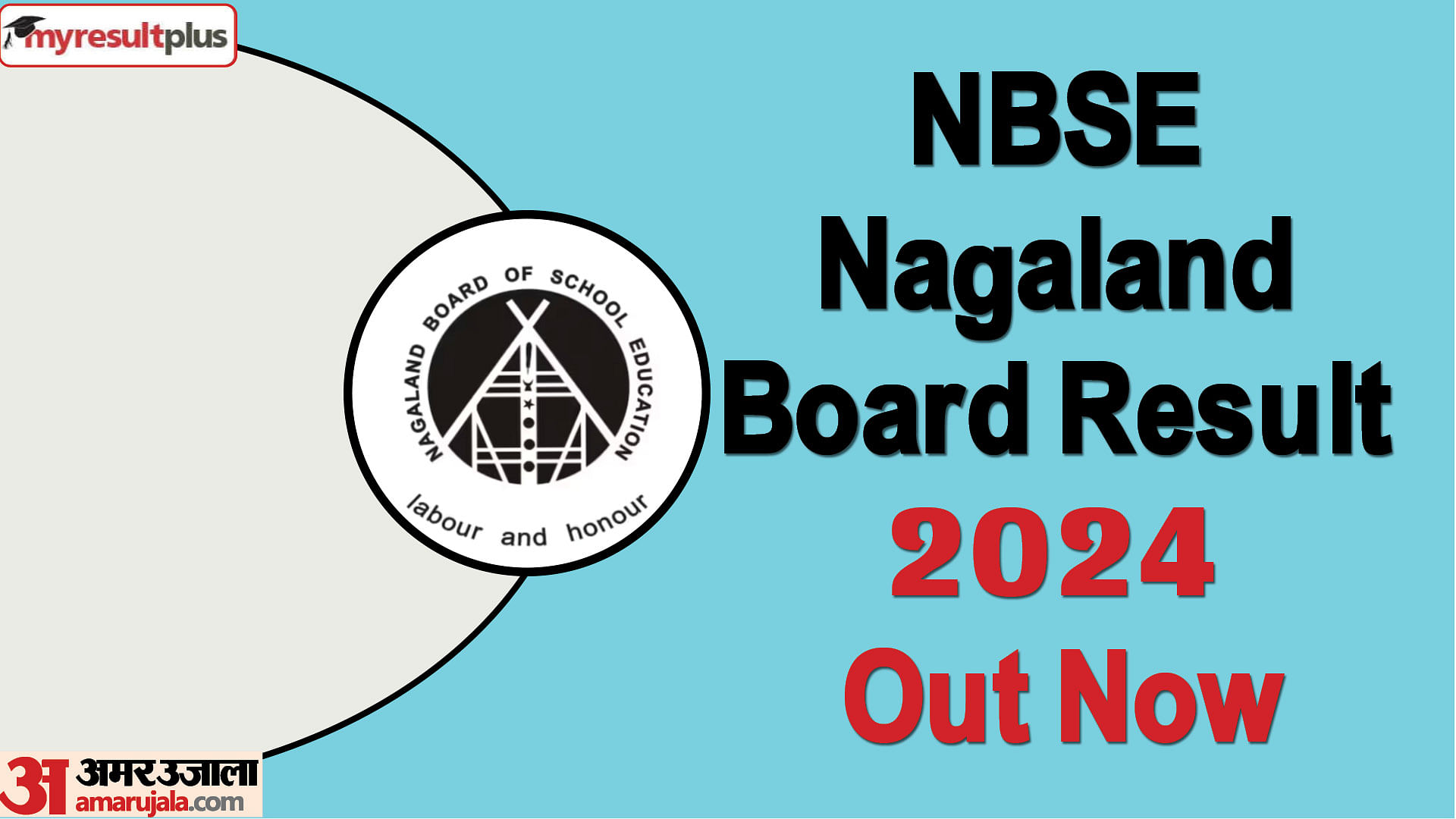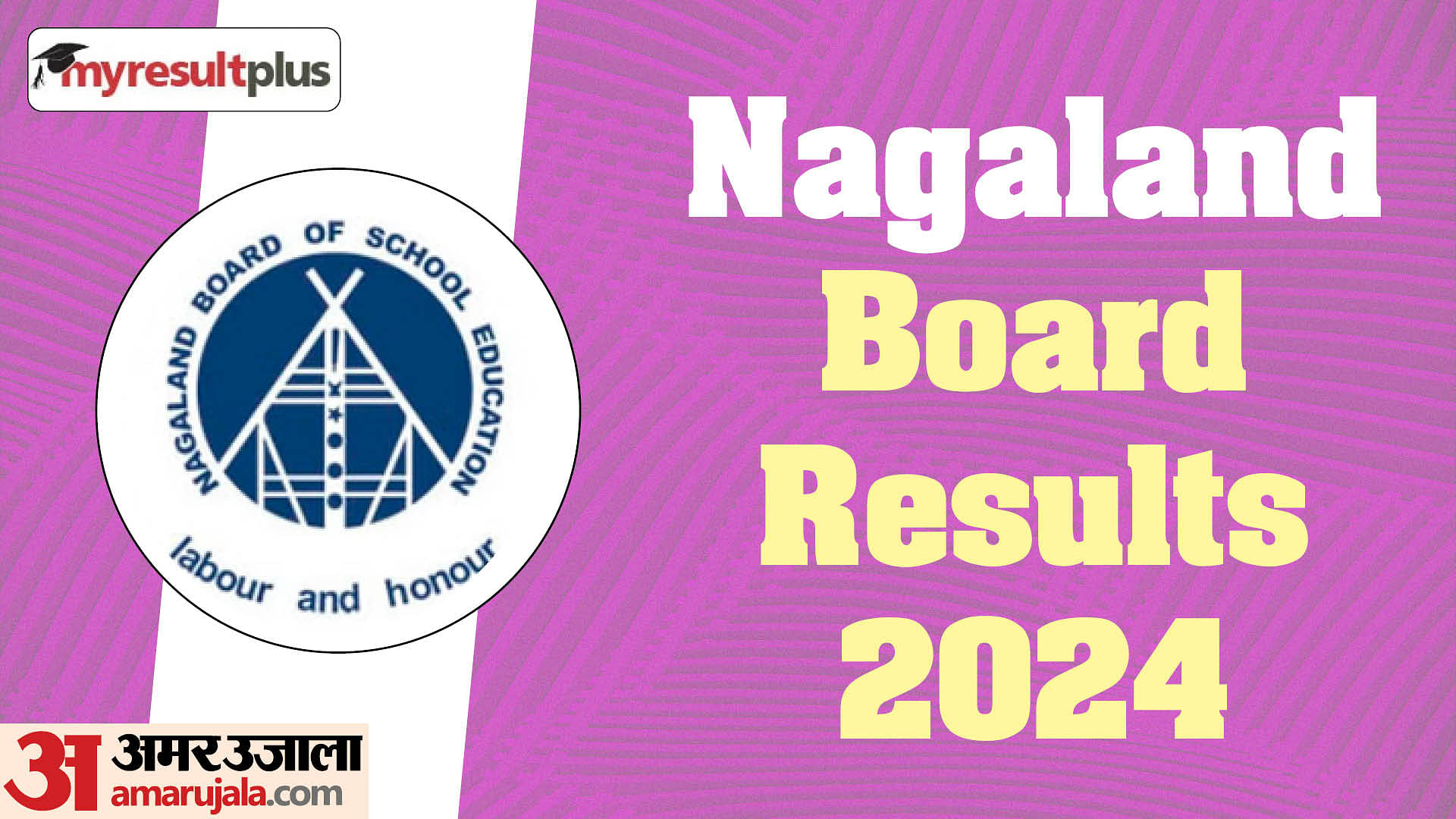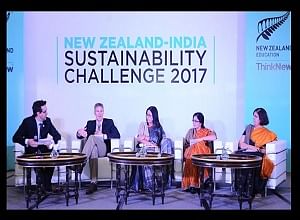
NZ edu
Education New Zealand (ENZ), in association with premiere New Zealand universities and sustainability peak body The Energy and Resources Institute (TERI) as knowledge partner, hosted the “New Zealand - India Sustainability Challenge (NZISC)” to address environmental challenges facing our world.
NZISC celebrated independent thinking and encouraged teamwork and mentorship as two participants from India worked with one New Zealand student under the guidance of an Indian expert. Students identified and solved sustainability challenges found on Indian campuses.
Of the 90 teams which entered the competition, the finale showcased the work of six top teams displaying six different sustainable solutions for everyday problems.
The event also witnessed a panel discussion with experts in the field of Sustainable energy such as - Vandana Narang, Director National Institute of Fashion Technology, Delhi, Seema Bali, Vice Principal St Mary School, Delhi and Annapurna Vacheswaran, Sr Director, Communication Outreach and Advocacy Unit- TERI, Tim Markwell, New Zealand High Commission.
The challenge showcased engaging concepts by the six teams, covering themes such as reducing energy consumption using software; creating window blinds using broken photo voltaic cells; an innovative health platform to store vaccination data of children; video game app to promote awareness on sustainability; using biomass an alternative to firewood and finally using garbage to create electricity. The jury consisted of Shabana Khan, founder and director of the Indian Research Academy, Girija K Bharat, Founder Director, Mu Gamma Consultants Pvt Ltd and Ms Ranjana Ray Chaudhuri, Lecturer, TERI School of Advanced Studies.
The winning team – VaxiBead from “Manipal Institute of Technology” presented their project on “Sustainable Lifestyle” and has won an all-expense paid internship for three weeks at the New Zealand partner universities - University of Canterbury (www.canterbury.ac.nz), University of Otago (www.otago.ac.nz) and University of Waikato (www.waikato.ac.nz).
Additionally, Team AlphaQ from Sri Venkateswara College of Engineering, Chennai were the first runner- up and Team Green Computing from Vidyalankar Institute of Technology, Mumbai was the second runner-up.
Also speaking at the occasion, Joanna Kempkers, New Zealand High Commissioner to India said, “A sustainable world is the need of the hour, through these steps we aim to create awareness about a cleaner environment and use of sustainable resources amongst youth, which is something New Zealand as a country is very passionate about.”
Speaking at the event, Education New Zealand’s Regional Director – India, South East Asia and Middle East, John Laxon said, “Indian students are increasingly choosing to study in New Zealand, with a 24% increase in Indian students entering New Zealand universities in 2017. New Zealand universities are demonstrating sustainable principles across their campuses.” “This is a world-leading initiative to promote sustainable thinking amongst our youth. An internship at New Zealand’s universities, will offer Team VaxiBead- the winners from today, an opportunity to further their knowledge and gain New Zealand’s perspective on sustainability related disciplines,” added Mr Laxon.
The competition was open to all Indian students aged between 18-22 from the states of Maharashtra, Karnataka, Tamil Nadu and Delhi NCR.
About Education New Zealand:
Education New Zealand (ENZ) is New Zealand’s government agency for international education. ENZ works to grow awareness of New Zealand as a study destination and to support New Zealand education providers and businesses to take their services and products abroad. Information about studying in New Zealand can be found at https://www.studyinnewzealand.govt.nz/?utm_source=india_online_activity&utm_medium=referral&utm_campaign=india_pr
About TERI:
The Energy and Resources Institute (TERI) is a think tank dedicated to conducting research for sustainable development of India and the Global South. TERI was established in 1974 as an information centre on energy issues, over the years it has made a mark as a research institute, whose policy and technology solutions transformed people’s lives and the environment. TERI’s key focus lies in promoting clean energy, water management, pollution management, sustainable agriculture and climate resilience.


